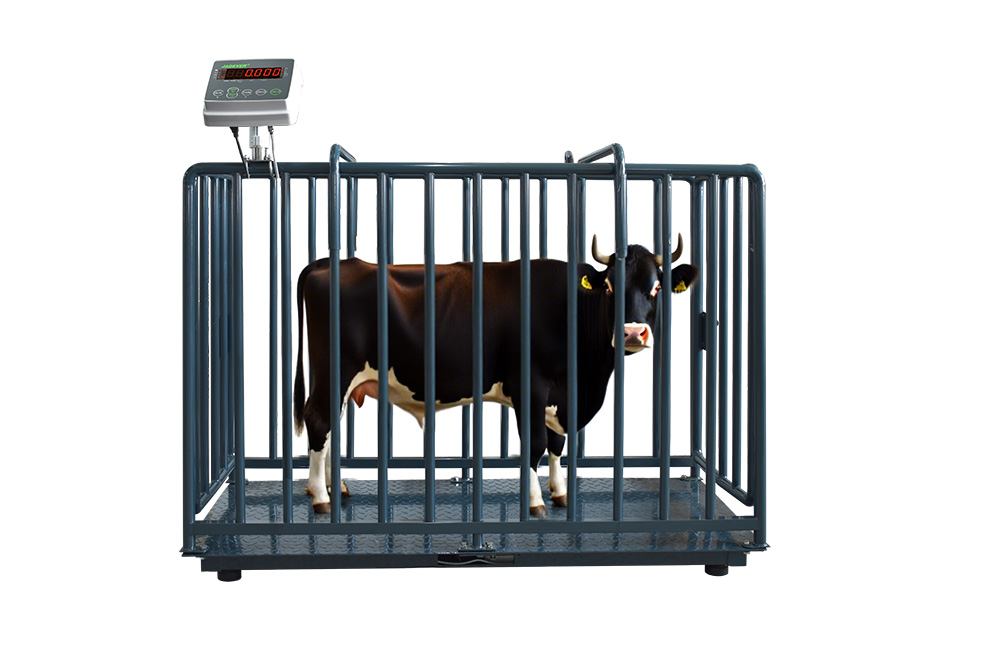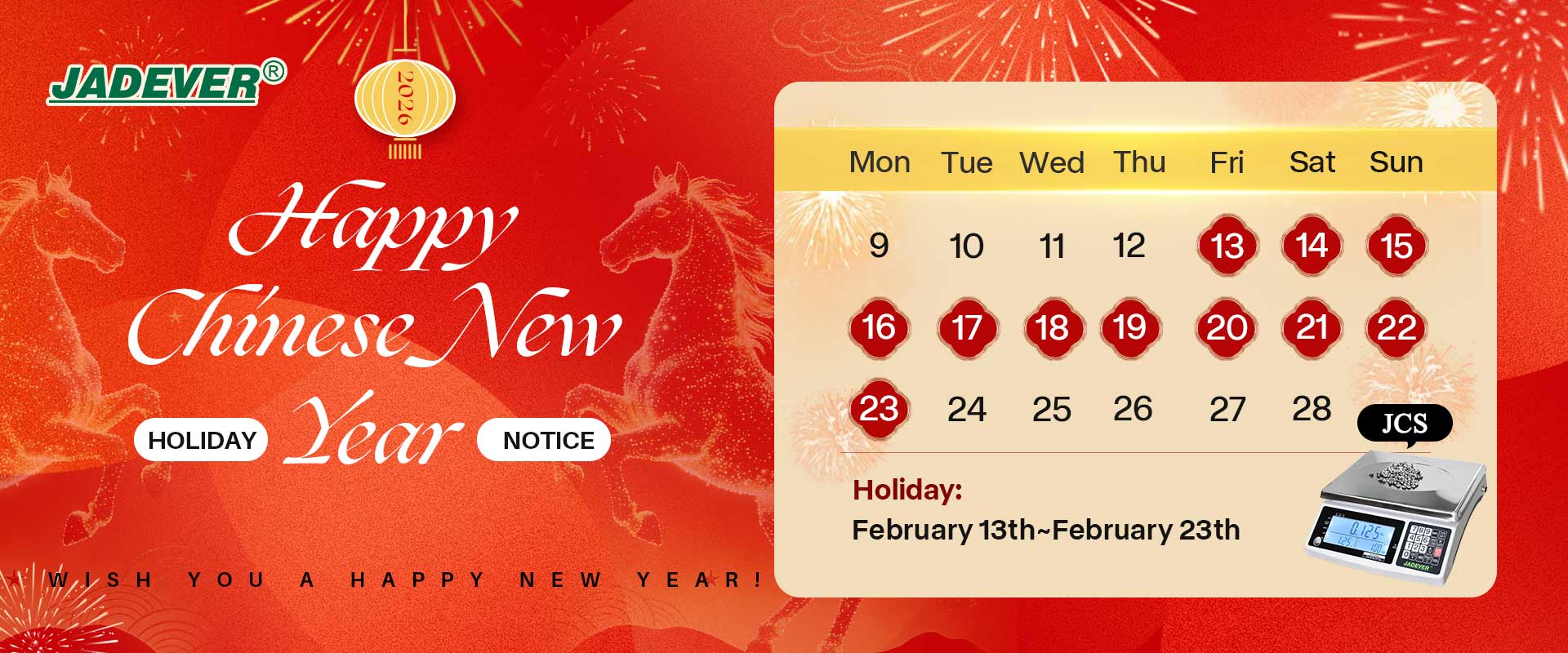In 1999, Xiamen Jadever Scale Co., Ltd. is established; the main production area for the company is located here. By the year 2006 Jadever acquires ISO 9001:2000 certification.


In 1999, Xiamen Jadever Scale Co., Ltd. is established; the main production area for the company is located here. By the year 2006 Jadever acquires ISO 9001:2000 certification.
Jadever Scale, a professional Manufacturer of industrial Weighing & Counting Scales & Indicators from China for more than 30 years.
Xiamen Jadever Scale Co., Ltd





In 1999, Xiamen Jadever Scale Co., Ltd. is established; the main production area for the company is located here. By the year 2006 Jadever acquires ISO 9001:2000 certification.

Feb, 2026

Dec

Dec

Dec